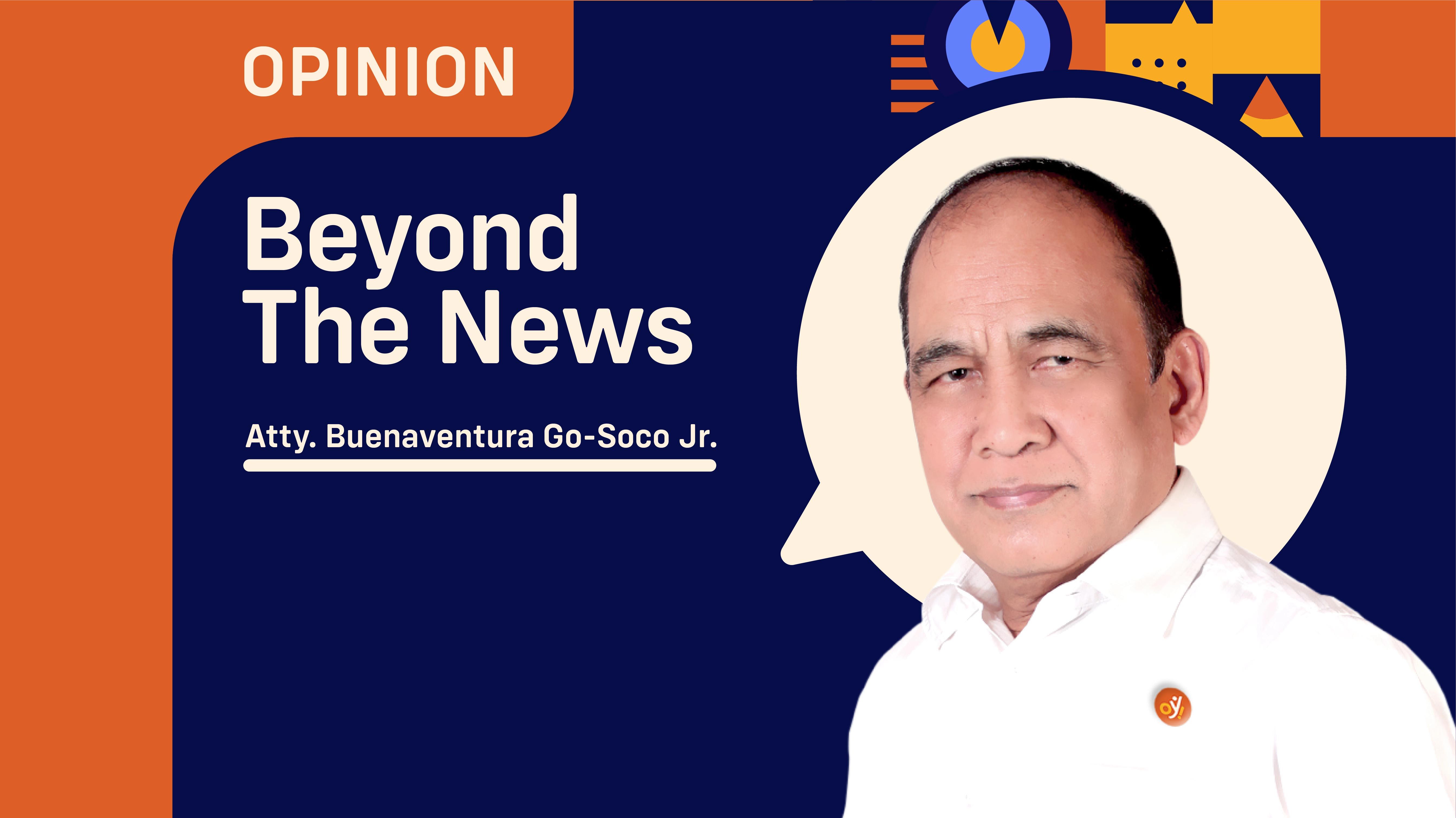How could economics not be behavioral? If it isn't behavioral, what the hell is it? - Charlie Munger - American billionaire investor, businessman, former real estate attorney, architectural designer, and philanthropist.
The country is currently facing an enormous problem. And the principal reason is behavioral, not the government budget, interest rates, taxes, etc.
It is plainly in what people do that defies or contradicts traditional economic assumptions.
Public behavior will be central to fight COVID-19 successfully.
During these prolonged community quarantines, there was a significant change in the Filipino way of life, like in work from home, reduced mobility, frequent handwashing, and social distancing.
Key to understanding
The key to understanding what is going on and why the problem persists is a better understanding of behavioral economics, which pertains to the study of psychology related to the economic decision-making processes of individuals and institutions.
People make thousands of decisions every day based on emotions, without much analysis, and often changeable.
Behavior
At the center of the COVID-19 pandemic is the word: behavior.
The virus spread like wildfire worldwide because of human behavior. These include handshaking and travel.
The country’s ability to tackle the virus depends on behavior changes, from social distancing to mask-wearing and hand washing.
Despite these preventive measures being well-publicized, compliance has often been varied across the country.
People would always make optimal decisions in an ideal world that provides them with the most significant benefit and satisfaction.
Behavioral economics relies on psychology and economics to determine why people sometimes make irrational decisions and why their behavior does not follow economic models' predictions.
Behavioral principles
Because humans are emotional and are easily distracted, they make decisions that are not in their self-interest.
These behavioral economics principles have significant consequences on how we live. By understanding their impact on our behavior, we can actively work to shape our own experiences.
As Dan Ariely, Ph.D., a prominent behavioral economist, says,
"We usually think of ourselves as sitting in the driver's seat, with ultimate control over the decisions we made and the direction our life takes."
But, alas, this perception has more to do with our desires—with how we want to view ourselves—than with reality."
Nudge thinking
Nudge thinking is a crucial concept in behavioral economics introduced by Thaler and Sustein.
They describe nudges as
"any aspect of the choice architecture that alters people's behavior in a predictable way without forbidding any options of significantly changing their economic incentives."
According to these economists, nudging contrasts from heavy-handed policy approaches like enforcement, banning, and compliance.
Instead, it looks at soft policy touches through positive reinforcement and indirect interventions based on behavioral insights.
Across the world, nudging is helping shape governments and local organizations’ COVID-19 responses.
One broad strategy is to use human behavior science to increase public adherence to the latest medical advice.
Tools
In the United Kingdom’s Behavioral Insights Team (BIT), the government created a COVID-19 text service for the National Health Service.
The team relied on social norms and commitment to encourage people to stay at home.
Behavioral economics identified several tools that policymakers can use to sustain compliance, such as: providing clear information on the correct behaviors to opt for, informing citizens about the positive feedback of cooperating and enforcing punishment, in the form of fines or (polite) social disapproval.
As we have already seen, behavior is at the root of the pandemic and any successful response.
Behavioral economists have been warning about the danger of a phenomenon becoming increasingly apparent: behavioral fatigue. Almost a year into the crisis, many are growing tired of the need for constant vigilance and starting to let down their guard.
It is, therefore, critical to not just motivate good behaviors but to sustain them.
This quote deserves a close look:
Wouldn't economics make a lot more sense if it were based on how people actually behave instead of how they should behave?
Dan Ariely - Israeli-American professor and author. He serves as a James B. Duke Professor of psychology and behavioral economics at Duke University.
